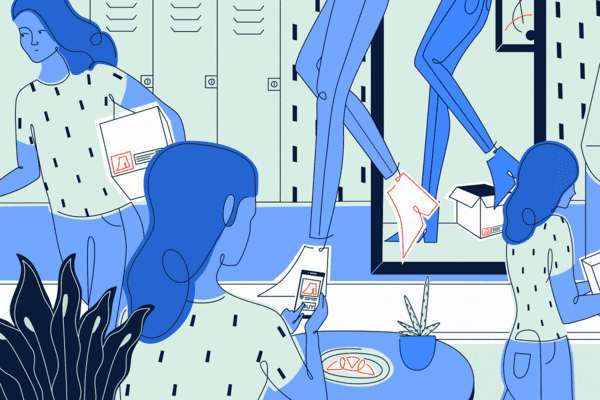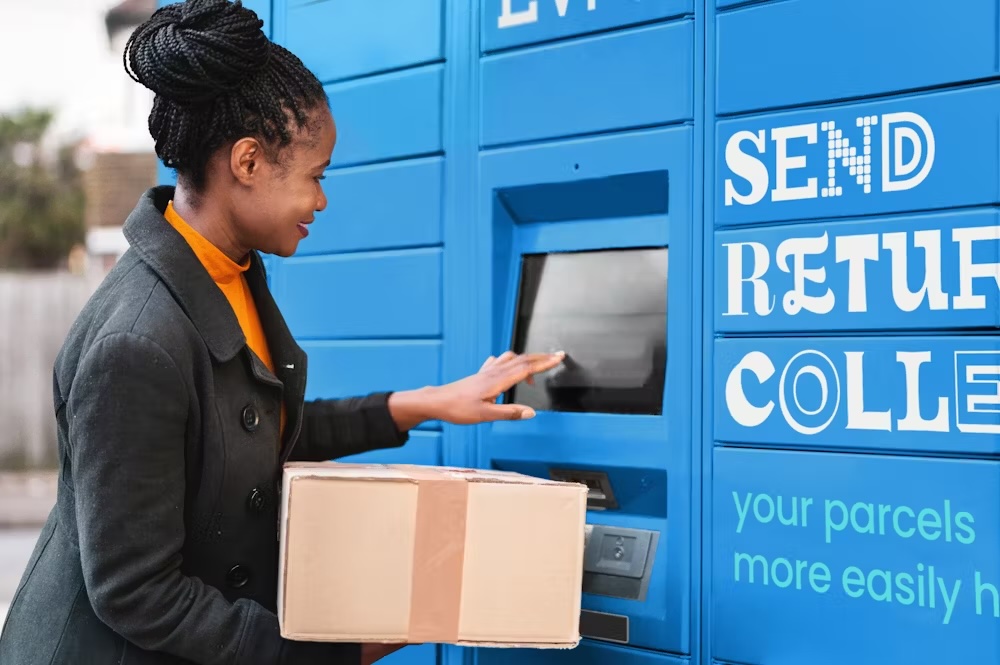Almost two thirds of shoppers say that a poor experience on any channel will make them less likely to shop again with a brand – a potentially damaging disconnect between what shoppers want from their omnichannel shopping experience and what retailers think shoppers want.
According to new research from Klarna, nine in 10 (89%) shoppers use multiple channels to search and spend and unsurprisingly 73% of retailers are looking to increase their investment in omnichannel strategies – with an 8.16% average expected increase in spend. However, faced with high consumer expectations, retailers could be in danger of misplacing investment – and alienating huge sways of consumers – unless they fully understand what their customers value about the retail experience.
Demonstrating a perception gap between retailers and shoppers, the majority of retailers (75%) consider themselves to be fairly or very sophisticated when it comes to omnichannel, yet half (50%) of Klarna users believe retailers are not joined up enough between their online and in-store operations.
When it comes to shopping in physical stores, the research highlights that physical retail is still an important channel, even for digital savvy shoppers – with half (51%) of Klarna users shopping at retailers’ physical stores. However, some retailers misjudge the extent to which shoppers value in-store offerings.
Shoppers are nearly twice as likely to value seeing and feeling items they’re buying in real life (88% Klarna shoppers vs 45% retailers). Meanwhile, half (49%) of shoppers value being able to visit showrooms and see items in store, but pay online – whereas only 32% of retailers think this adds value for customers. What’s more, retailers consider human sales assistants to be more important than they are, with only 26% of customers saying they add value to their in-store experience, compared to 36% of retailers.
Retailers also fail to fully appreciate the importance of a smooth, easy experience when shopping online. 84% of Klarna shoppers say they value autofill functionality online, but only 33% of retailers think this adds value to the shopping experience. And, only 45% of retailers believe one click payments or check out adds significant value for their consumers, whilst 65% of shoppers report this to be one of the most important aspects of their online shopping experience.
Alex Naughton, Head of Klarna UK & Ireland, says: “Today’s consumers shop across a multitude of channels, from brands’ websites and physical stores to social networks and search engines – and they expect a smooth and consistent retail experience whatever channel or touchpoint they are engaging with. So, it’s promising to see that retailers recognise the importance of having a great omnichannel retail experience. But, if they’re to see a return on their omnichannel investment, they need to ensure they avoid any disconnect and fully understand shopper priorities. It’s clear in-store shopping is still incredibly important for consumers, so retailers should look at how they can make their stores a more experiential, cultural space that inspires shoppers.”
Whilst there are clear mismatches between retailer and shopper expectations, encouragingly many retailers are on the right track. With 76% of shoppers valuing the ability to check stock levels in-store via a website or app, it’s assuring to find that 49% of retailers already offer this, and another 38% plan to introduce this over the next year. Meanwhile, three quarters of shoppers (74%) say flexible payment options add value to their shopping experience, and, while just 50% of retailers currently offer this, a further 34% plan to introduce this in the next 12 months.
Howard Saunders, Retail Futurist, adds: “The pandemic acted as a cruel catalyst for a retail sector already battling competition from online brands whilst suffering upward only rents, rates and taxes. Devastating though it’s been for so much of our high street, it has also shown the way ahead for those of us who believe in the importance of engaging towns and cities. Lockdown reminded us exactly how much we need our local high streets, not just for access to ‘stuff’ but as a means of feeling directly connected to our communities. Retailers learned that they must embrace the ‘omnichannel’ world to give their ever more demanding customers a broader brand landscape alongside real-world, old fashioned hospitality. Humans are a social species and no economy-stopping pandemic will change that in a hurry.”









